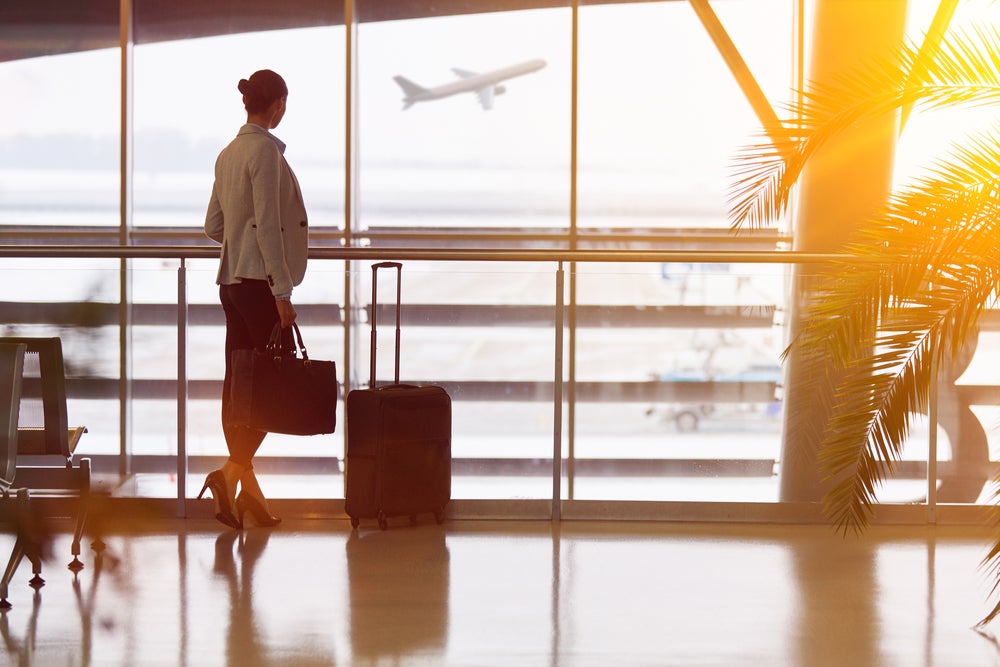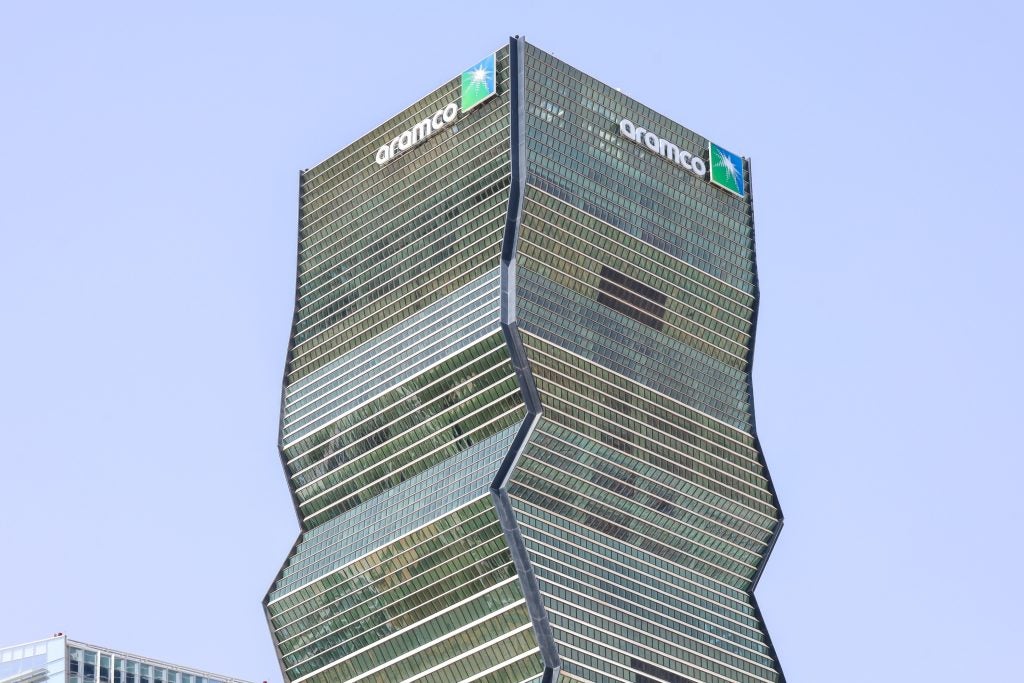A recent Expedia report that looks at worldwide vacation deprivation revealed that 62% of the world’s workers are vacation-deprived.
The report surveyed more than 11,500 employees in 11 markets and found that employees from European countries feel the most “vacation deprived” despite taking the most time off work. But why do Europeans feel that they suffer from vacation deprivation, and how does the culture of using paid time off (PTO) vary around the globe?
Global PTO usage
According to the report, Japan recorded the lowest number of workers feeling vacation-deprived, with only 53% believing they don’t take enough holiday. This low percentage is notable given that employees typically use only up to 12 of their allotted vacation days.
American workers take a similar number of days off annually, with 53% of US workers not using their entire PTO in 2023. Americans cite life being too busy to plan or go on vacation as their top reason for this.
However, some 65% of American respondents said they feel vacation deprived. This contrasts with European countries like Germany and France, which reported higher levels of vacation deprivation (84% and 69%, respectively), despite respondents from these countries taking the most vacation days.
Christie Hudson, head of public relations for Expedia in the US, explains why this is, stating that “the French overwhelmingly view time off as a basic, fundamental right, while Americans seem to treat it as a guilty pleasure,”
How well do you really know your competitors?
Access the most comprehensive Company Profiles on the market, powered by GlobalData. Save hours of research. Gain competitive edge.

Thank you!
Your download email will arrive shortly
Not ready to buy yet? Download a free sample
We are confident about the unique quality of our Company Profiles. However, we want you to make the most beneficial decision for your business, so we offer a free sample that you can download by submitting the below form
By GlobalDataFascinatingly, Hong Kong was the only country where respondents said they planned to take more time off than they were entitled to. New Zealand, the UK, Australia, and Canada, recorded similar vacation deprivation levels of 55%, 56%, 57%, and 58%, respectively.
Varying perspectives on holidaying
Studies show that European culture places a higher emphasis on work-life balance compared to the US. For example, in the UK, workers are legally entitled to 28 days off per year. In contrast, there is no federal law in the US guaranteeing any paid days off, and the average first-year employee takes only eight PTO days according to the Bureau of Labor Statistics.
Attitudes towards holidaying and its cultural significance play a key role in whether people feel vacation-deprived. Americans’ drive to success often puts them ahead of their European counterparts, who enjoy a better work-life balance, yet this ambition comes at the cost of their leisure. Europeans generally prefer free time over wealth creation once their basic needs are met.
The report also highlighted differing attitudes toward taking vacations among various age groups, revealing that Gen Z workers worldwide feel more deprived of holidays than any other generation. “Despite receiving more than five weeks of annual leave from their employers, Gen Zers in the UK left on average two days unused in 2023, due to FOMO and guilt,” says Melanie Fish, head of Expedia Group brands public relations. Gen Z must adopt a Boomer mindset to relieve vacation deprivation.
The importance of taking vacations
Taking time off is crucial for maintaining a high performance at work and preventing burnout. Regular vacations help employees recharge, reducing stress and preventing exhaustion. This break from routine duties allows for mental rejuvenation, improving motivation for work upon return.
Employees who take time off are generally more engaged, contributing to higher productivity and a positive work environment. This is evident from the report, which revealed that 65% of Brits experience a mood boost while on holiday, and more interestingly, more than 40% see their mood improve when they simply book the trip.
By encouraging employees to use their PTO, companies can foster a healthier, more resilient workforce, ultimately benefiting both the employees and the company.








